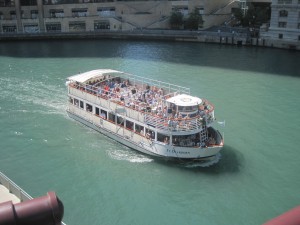Well, for a start, let us all agree that this fabled world doesn’t exist anywhere except perhaps on the internet. A Nigerian on a three-hour stopover at Heathrow will not be allowed into London for fear, perhaps, that he will suddenly ditch his American visa and decide to live in the fruitful fields of England forever, eating clover, beans and mangel-wurzels. A Turkish citizen hoping to visit any European capital will usually need a shengen visa or should just not make an effort. It all makes sense, doesn’t it? A few years ago, all anyone needed to visit Kenya from any part of Africa was a passport. Then after 1998 embassy bombings by a few radical thugs, everyone needed a visa, including neighbouring Ugandans.
 The concept of national borders is fascinating, and mostly annoying. Take for example the problem of driving from Lagos to Dakar, a stretch that will be similar to one from Minneapolis to St. Louis just as soon as we can ignore the useless police checkpoints along the borders of the “countries” along the way. Once upon a time, West Africa was just west Africa, with contiguous autonomous kingdoms and no fake borders manned by corrupt men in khaki uniforms. Now, the Yorubas are not just Yorubas. They are Nigerians, Beninoise and Togolese, and this doesn’t prevent them from the harassment of faux obstacles placed on a road leading from one part of the continent to the other.
The concept of national borders is fascinating, and mostly annoying. Take for example the problem of driving from Lagos to Dakar, a stretch that will be similar to one from Minneapolis to St. Louis just as soon as we can ignore the useless police checkpoints along the borders of the “countries” along the way. Once upon a time, West Africa was just west Africa, with contiguous autonomous kingdoms and no fake borders manned by corrupt men in khaki uniforms. Now, the Yorubas are not just Yorubas. They are Nigerians, Beninoise and Togolese, and this doesn’t prevent them from the harassment of faux obstacles placed on a road leading from one part of the continent to the other.
The last time we had the Ambassador of Kenya to the United States on campus, I asked him why it is taking African politicians so long to realize that artificial obstacles at national borders created more problem than it solved, he gave a platitude. And then I switched on the news and heard that even the United States is now considering building a wall – yes you heard right – a wall between itself and Mexico, this time to prevent the problem of illegal migration. Yet, all migrations are legal, as we all know, as the basis of human civilization, and change. Is there a point to my rant on this post? I doubt it, but I’ve spent some time pondering the idea of human migration for a while now. I think my most recent motivation is the discovery of an interesting fact that humans – no matter where they find themselves – would always prefer migration at some point in their life, than staying in the same spot. Yes, that applies to Americans too.
